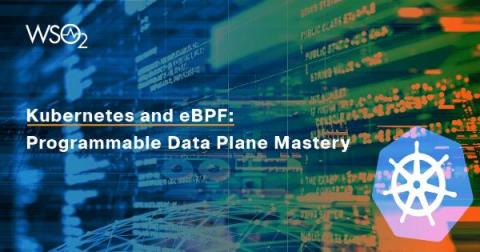How to Restart a Kubernetes Pod Using kubectl
Restarting a Kubernetes pod can be necessary to troubleshoot issues, apply configuration changes or simply ensure the pod starts fresh with a clean state. With the power of kubectl, you’ll be able to gracefully restart pods without disrupting the overall application availability. This post will walk you through the process of restarting pods within a Kubernetes cluster using the command-line tool, kubectl. Let’s dive in and learn how to effectively restart Kubernetes pods using kubectl!











